Search
Search Results
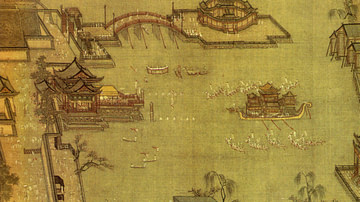
Definition
Song Dynasty
The Song (aka Sung) dynasty ruled China from 960 to 1279 CE with the reign split into two periods: the Northern Song (960-1125 CE) and Southern Song (1125-1279 CE). The Northern Song ruled a largely united China from their capital at Kaifeng...
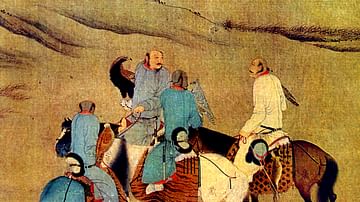
Definition
Khitan
The Khitan people formed the Liao dynasty and ruled parts of Mongolia, Manchuria, and northern China from 907 to 1125 CE. Adopting elements of Chinese government and culture, the Khitan were more than a match for their rivals the Song dynasty...
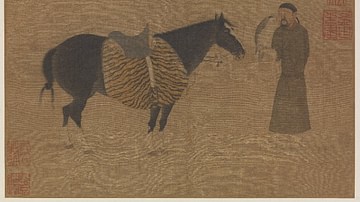
Definition
Jurchen Jin Dynasty
The Jurchen Jin dynasty (meaning “Golden”) ruled parts of China, Mongolia, and northern Korea from 1115 to 1234 CE. The Jurchen originated from Manchuria, but in conquering the neighbouring Liao empire of the Khitan and parts...
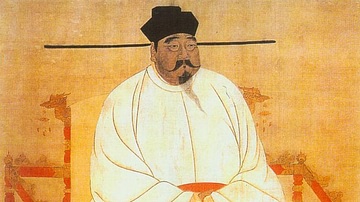
Definition
Emperor Taizu of Song
Emperor Taizu (960-976 CE), formerly known as Zhao Kuangyin, was the founder of the Song (aka Sung) dynasty which ruled China from 960 to 1279 CE. Taizu settled for a territorially smaller but more unified and prosperous China than was seen...

Definition
Ancient China
Ancient China produced what has become the oldest extant culture in the world. The name 'China' comes from the Sanskrit Cina (derived from the name of the Chinese Qin Dynasty, pronounced 'Chin') which was translated as 'Cin' by the Persians...

Definition
Yuan Dynasty
The Yuan Dynasty was established by the Mongols and ruled China from 1271 to 1368 CE. Their first emperor was Kublai Khan (r. 1260-1279 CE) who finally defeated the Song Dynasty which had reigned in China since 960 CE. Stability and peace...

Definition
Genghis Khan
Genghis Khan (aka Chinggis Khan) was the founder of the Mongol Empire which he ruled from 1206 until his death in 1227. Born Temujin, he acquired the title of Genghis Khan, likely meaning 'universal ruler’, after unifying the Mongol tribes...
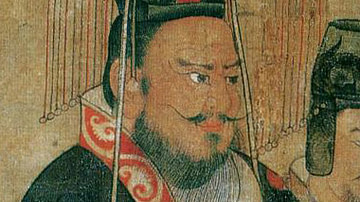
Definition
Chinese Emperor
The emperors of ancient China had tremendous power and responsibility. Called the 'Son of Heaven', he (and once she) was given a divine right to rule over all people but was expected to promote their best interest and not his own. An absolute...
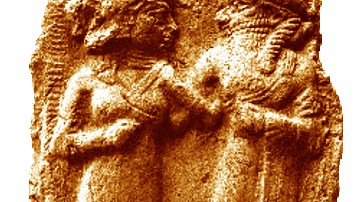
Article
The World's Oldest Love Poem
The world's oldest love poem is The Love Song for Shu-Sin (c. 2000 BCE) composed in ancient Mesopotamia for use in part of the sacred rites of fertility. Prior to its discovery in the 19th century, and its translation in the 20th, the biblical...

Image
Emperor Taizu
A 10th century CE portrait on silk of Taizu, first emperor of the Song dynasty in China, r. 960-976 CE. (National Palace Museum, Taipei)